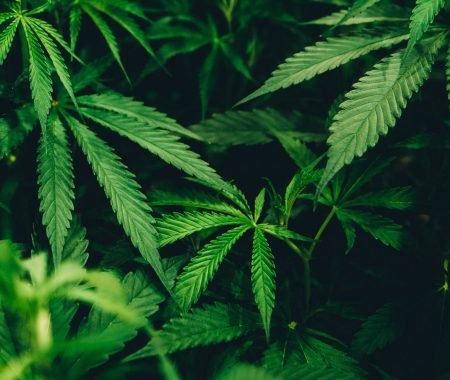In recent years, the global perspective on cannabis has shifted dramatically, with various countries revisiting their legislation surrounding its use. In the United Kingdom, the issue of cannabis legalization has been a topic of debate and discussion. This blog aims to delve into the current legal framework governing the use of cannabis in the UK, exploring the nuances and providing clarity on the subject.
Cannabis has a long history in the UK, with evidence of its cultivation dating back to the Roman Empire. The substance became widely popular during the 1960s and 1970s counterculture movement. However, as societal perceptions and scientific understanding evolved, governments began re evaluating their stance on cannabis.
The Misuse of Drugs Act 1971 is the primary legislation that controls the use, possession, production, and supply of drugs, including cannabis, in the UK. Under this act, cannabis is classified as a Class B drug, alongside substances like amphetamines and ketamine. Possession, cultivation, and distribution of cannabis are all considered criminal offenses.

Possession of cannabis is punishable by up to five years in prison, an unlimited fine, or both. Supplying or producing cannabis can result in a prison sentence of up to 14 years, an unlimited fine, or both. It is important to note that these penalties can vary depending on the specific circumstances of the offense, such as the quantity of cannabis involved.

While recreational use of cannabis remains illegal, there have been developments regarding the use of cannabis for medicinal purposes in the UK. In November 2018, the law was amended to allow specialist doctors to prescribe cannabis-based medicinal products (CBMPs) to patients with specific conditions, where other treatment options have failed.
The decision to prescribe CBMPs is made on a case-by-case basis, and the products must meet stringent quality standards. Currently, the use of medicinal cannabis is restricted to specific conditions such as epilepsy, multiple sclerosis, chemotherapy-induced nausea, and chronic pain, among others.
Cannabidiol (CBD), a non-psychoactive compound derived from cannabis, has gained popularity for its potential therapeutic benefits. In the UK, CBD products with a THC (tetrahydrocannabinol) content of less than 0.2% are legal to buy, sell, and possess. These products are often marketed as food supplements and are available in various forms, including oils, tinctures, and edibles.
Industrial hemp, a variety of cannabis with low THC levels, is legally cultivated in the UK for various industrial purposes, such as fiber production and the extraction of CBD.

Public opinion regarding cannabis has undergone a shift in recent years, with growing support for legalization or decriminalization. Numerous polls have indicated that a majority of the British public favours some form of cannabis law reform.
Various advocacy groups and politicians have called for a review of existing legislation, highlighting potential economic benefits, regulation possibilities, and the need to shift focus towards a health-centred approach. However, it is crucial to remember that the law remains unchanged until official amendments are made.
The recreational use of cannabis remains illegal in the UK, with possession, cultivation, and distribution carrying criminal penalties. However, the use of cannabis for medicinal purposes, under strict conditions, is permitted. The legality surrounding CBD products with low THC content and industrial hemp cultivation is also clearer.
It is important to stay updated with the latest legal developments regarding cannabis in the UK, as the landscape is subject to change.
Your premier destination for an electrifying range of party accessories. Nestled in the heart of Oxfordshire, we’re here to elevate your party experience to new heights, without ever explicitly mentioning the products we offer.
At Charlie’s Rocket, our mission is simple yet profound: to provide you with exceptional quality at an unbeatable price. Our dedicated team has meticulously vetted and tested each item we offer to ensure you receive nothing but the finest. We understand that when it comes to partying, every detail counts, and our commitment to quality reflects that.
Your premier destination for an electrifying range of party accessories. Nestled in the heart of Oxfordshire, we’re here to elevate your party experience to new heights, without ever explicitly mentioning the products we offer.
At Charlie’s Rocket, our mission is simple yet profound: to provide you with exceptional quality at an unbeatable price. Our dedicated team has meticulously vetted and tested each item we offer to ensure you receive nothing but the finest. We understand that when it comes to partying, every detail counts, and our commitment to quality reflects that.



All Rights Reserved – Charlie’s Rocket
This website is operated by Calmshops LTD
Live Chat